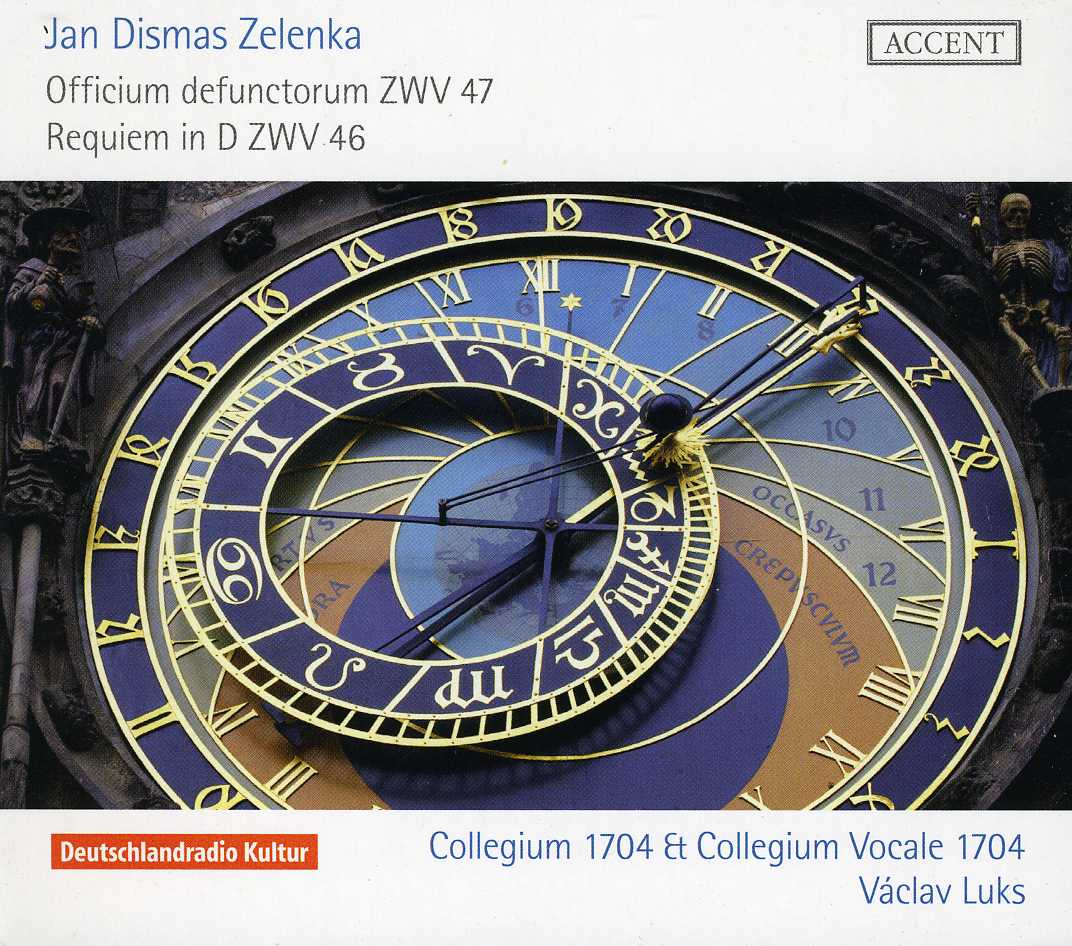
Why is the church silent on the ethics of artificial intelligence, gene-splicing and robots? This plain-language book claims it's because she lost interest in science at the onset of the Atomic Age in 1945. It's time to re-focus our thinking as we seek God's truths for the electronic world of the twenty-first century.
A huge challenge facing today's church is how to share faith with young people in society as generation gaps widen. The author contends that believers are not being heard because we don't understand modern language. In a world of electronics, gene-splicing, and artificial intelligence, the gospel message is contained in language that makes no room for changes that have remodeled civilization. In discussions of scientific advancements, the church has yet to raise a voice. The book begins with a need to agree on definitions of truth: the Bible. After that, it does not pretend to give many answers but shows areas where to come to grips with the situation. It asks readers to become aware of realities in their own lives. It describes the back-and-forth relationship between church and science. By the time they get along, the church tending to spiritual truths and science, the material research is learning secrets of the atom: the bomb. After 1945, the church forgot its duty of monitoring the spiritual impact of progress: the burden. A big help in recovering may be that thousands of believers work in these new areas, especially the health field and electronics. They may be key players in helping to connect the dots. The impact of electronic media, including effects on the brain, is discussed. Research into the workings of mind and body offer clues on how spiritual truth affects us all. A big question: What and where is our understanding of spiritual truth while the Bible we know is disappearing? Printed books are fading away. This book is written especially with ministers, teachers, parents, and students in mind.







